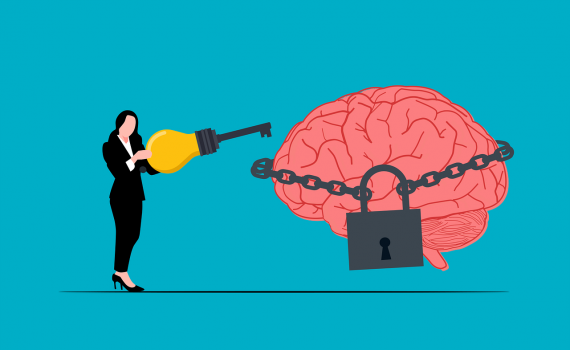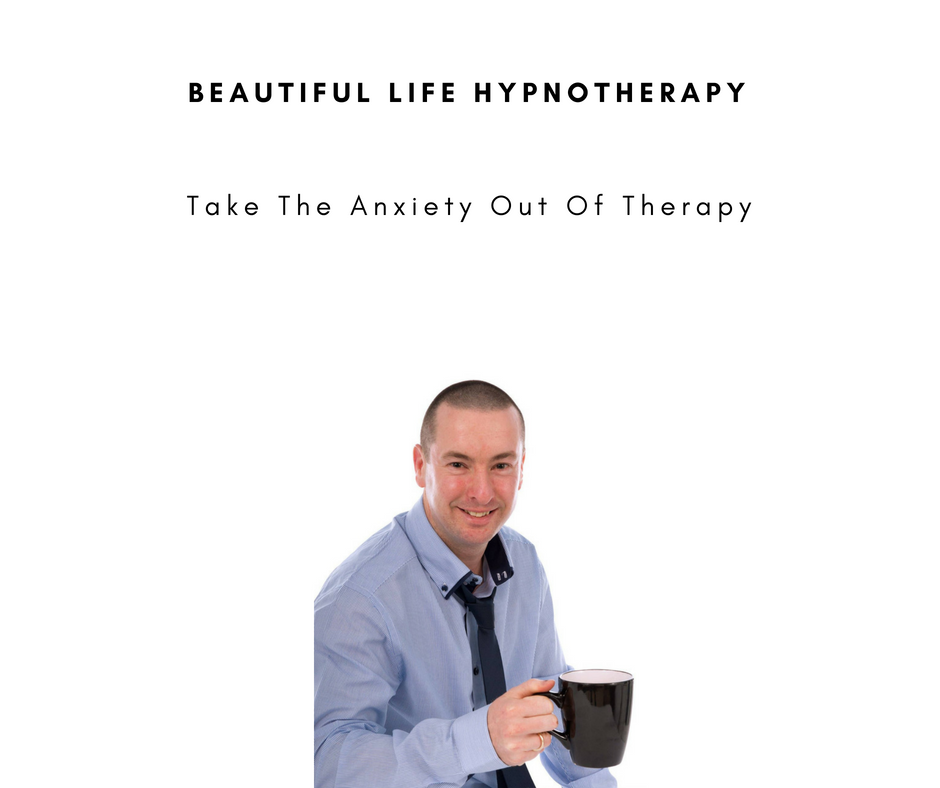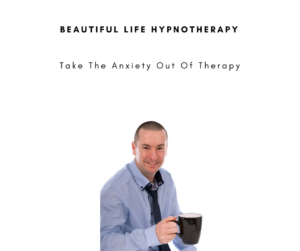The Dark Side of Social Media
Category : Uncategorized
The Dark Side of Social Media: Its Impact on Mental Health and Strategies for Avoiding the Trap
In an age where social media has become an integral part of daily life, it’s crucial to understand its profound impact on mental health. Platforms like Facebook, Instagram, Twitter, and TikTok connect us with friends, provide entertainment, and serve as a hub for news and trends. However, the convenience and entertainment these platforms offer come at a cost. Numerous studies have shown that excessive use of social media can lead to anxiety, depression, and a host of other mental health issues. This article delves into the negative effects of the dark side of social media on mental health and provides practical solutions to avoid getting caught in its detrimental cycles.
The Negative Impact of Social Media on Mental Health
- Comparison and Self-Esteem Issues: One of the most pervasive issues is the tendency for social media to foster negative social comparisons. Users often compare their own lives with the curated, often idealized versions of others’ lives, leading to feelings of inadequacy and low self-esteem. A study published in the Journal of Social and Clinical Psychology found that participants who limited their social media usage to 30 minutes per day experienced significant reductions in loneliness and depression over three weeks .
- Cyberbullying: Social media platforms can be a breeding ground for cyberbullying. Unlike traditional bullying, cyberbullying can happen 24/7, and its reach is far broader. Victims of cyberbullying are at an increased risk of depression, anxiety, and suicidal thoughts. Research published in JAMA Pediatrics highlighted that cyberbullying is strongly associated with an increased likelihood of self-harm and suicidal behavior among adolescents .
- Addiction and Time Displacement: The addictive nature of social media can lead to significant time displacement, where time spent on social media replaces time that could be spent on more productive or fulfilling activities. This can lead to a sedentary lifestyle and poor sleep patterns, both of which are linked to deteriorating mental health. A study in the Journal of Youth and Adolescence found a clear connection between heavy social media use and sleep disturbances, which in turn contribute to higher levels of depression and anxiety .
- Fear of Missing Out (FOMO): The constant stream of updates and notifications can lead to FOMO, the anxiety that others are having more fun or experiencing better things than you are. This can cause stress and a sense of exclusion, contributing to overall dissatisfaction with life. A survey by the American Psychological Association found that nearly half of millennials report that social media exacerbates their stress levels due to FOMO .
Here is a link to a article by the BBC
Solutions to Mitigate the Negative Effects
- Set Time Limits: One effective strategy is to set strict time limits on social media usage. Apps like Screen Time for iOS and Digital Wellbeing for Android can help monitor and limit the amount of time spent on social media. Research supports that reducing social media use can lead to significant improvements in mental health.
- Curate Your Feed: Be intentional about who you follow and the content you consume. Unfollow or mute accounts that trigger negative feelings or promote unrealistic standards. Follow accounts that inspire and provide genuine value.
- Engage in Digital Detoxes: Regularly schedule periods of digital detox, where you completely disconnect from social media. This can help reset your mind and reduce the dependency on constant connectivity. Studies have shown that even short breaks from social media can reduce stress and improve overall well-being.
- Promote Real-Life Interactions: Invest time in real-life interactions and build strong offline relationships. Face-to-face communication is crucial for emotional support and can help counteract the isolating effects of social media. Engaging in community activities, hobbies, and sports can also provide a healthier balance.
- Seek Professional Help: If social media usage is severely impacting your mental health, seeking the guidance of a mental health professional can be beneficial. Therapies such as cognitive-behavioral therapy (CBT) can help address the underlying issues exacerbated by social media.
Conclusion: The Dark Side of Social Media
While social media offers numerous benefits, its negative impact on mental health cannot be overlooked. By understanding these effects and implementing strategies to mitigate them, individuals can enjoy the advantages of social media without falling prey to its harmful consequences. Awareness, intentional use, and balancing online interactions with offline activities are key to maintaining mental well-being in the digital age.










